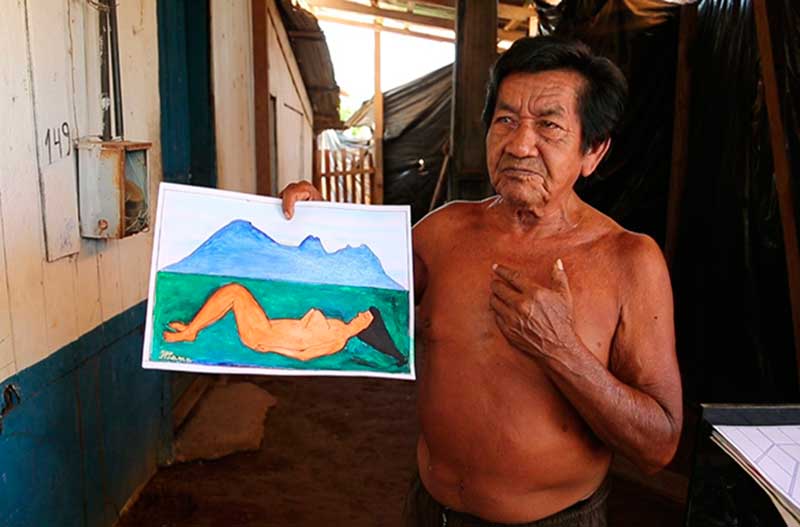
A Roundhouse-Museum for Feliciano Lana, the Son of Dream Drawings
“As an artist and an Indigenous person, my obligation is to keep Mr. Feliciano’s memory alive and present, so that his poetry and greatness will be known by as many people as possible. To care for his memory so that he’s present in our living thoughts, for to understand the past is to ensure that the future will be a positive experience for those to come”. Read Denilson Baniwa’s tribute to the great Desana artist Feliciano Lana, who passed away on May 12, 2020 in São Gabriel da Cachoeira, Amazonas, after battling Covid-19.
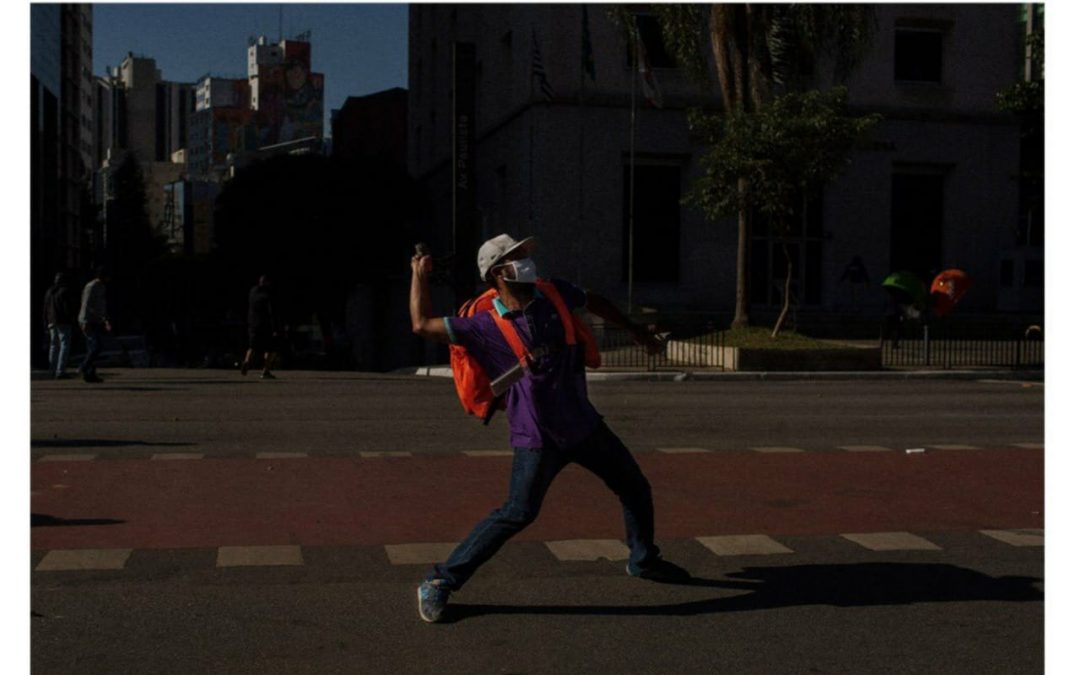
Pandemic, Racism and Indigenous and Black Genocide in Brazil: Coronavirus and Extermination Policy
Tragedies are always socially unequal and expose in a striking way historically constructed inequalities. Exposure to the new coronavirus and the treatment of its effects among human populations have been distributed extremely unevenly. While some people have had privileged access to medical care, other social groups disproportionately bear the negative effects, in a pattern structured by social classifications.
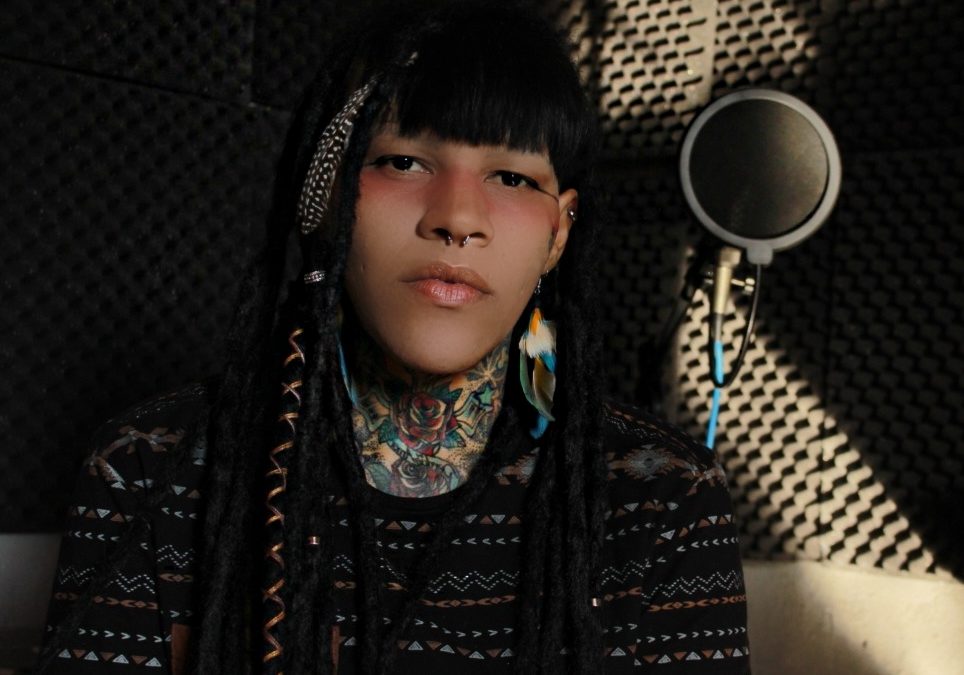
Hip hop artist Katu Mirim discusses anti-Indigenous racism from an intersectional perspective
Indigenous Brazilian rapper Katu Mirim recorded this video for our project. In it, she responds questions posed to her by CARLA project researcher Jamille Pinheiro Dias about her work in relation to anti-Indigenous racism from an intersectional perspective. She also...
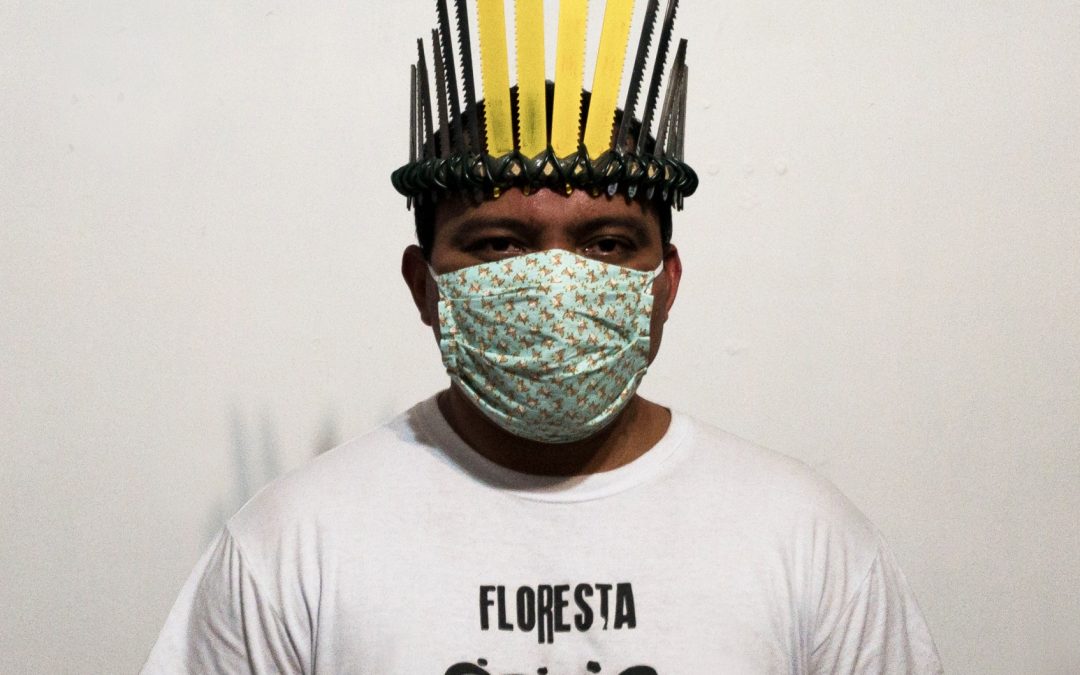
Ritual Masks for a World in Crisis
Denilson Baniwa was born in Barcelos, Amazonas, Brazil, in 1984. His art explores his experience of being Indigenous in the current moment, combining traditional and contemporary Indigenous references, and making use of Western icons to raise awareness about the struggle of Indigenous peoples in various media and languages. Here he presents “Ritual Masks for a World in Crisis”, an artwork created for the IMS Convida programme, which encourages artistic creation during the coronavirus quarantine.
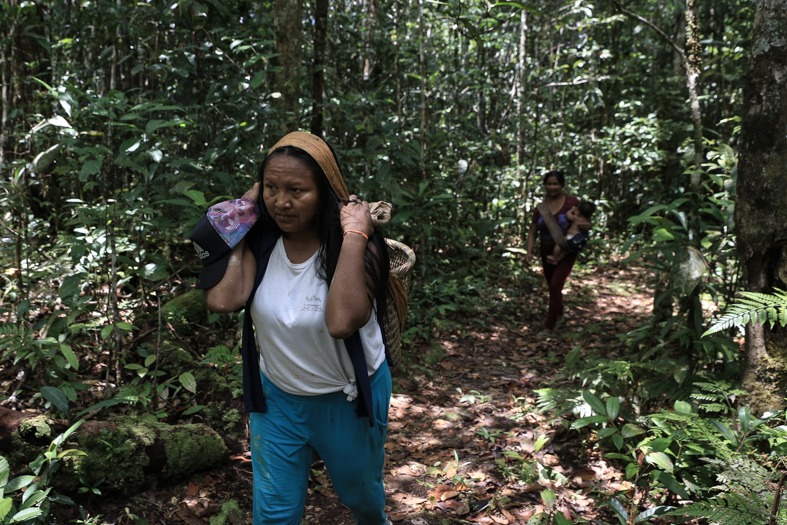
Memories of the Past, Fear of the Present: Being Indigenous in the Face of the Pandemic
Francineia Fontes Baniwa: When we speak of Indigenous peoples and the current challenge of the pandemic, I think immediately of my Upper Negro River region in the northern part of Amazonas state. Just in the first months of the year, I lost my aunt, my father’s sister; my children lost their grandfather on their father’s side; a close relative lost her baby in childbirth, and today I received the news that the wife of my cousin Daniel passed away as she was giving birth, but the baby survived.






Recent Comments